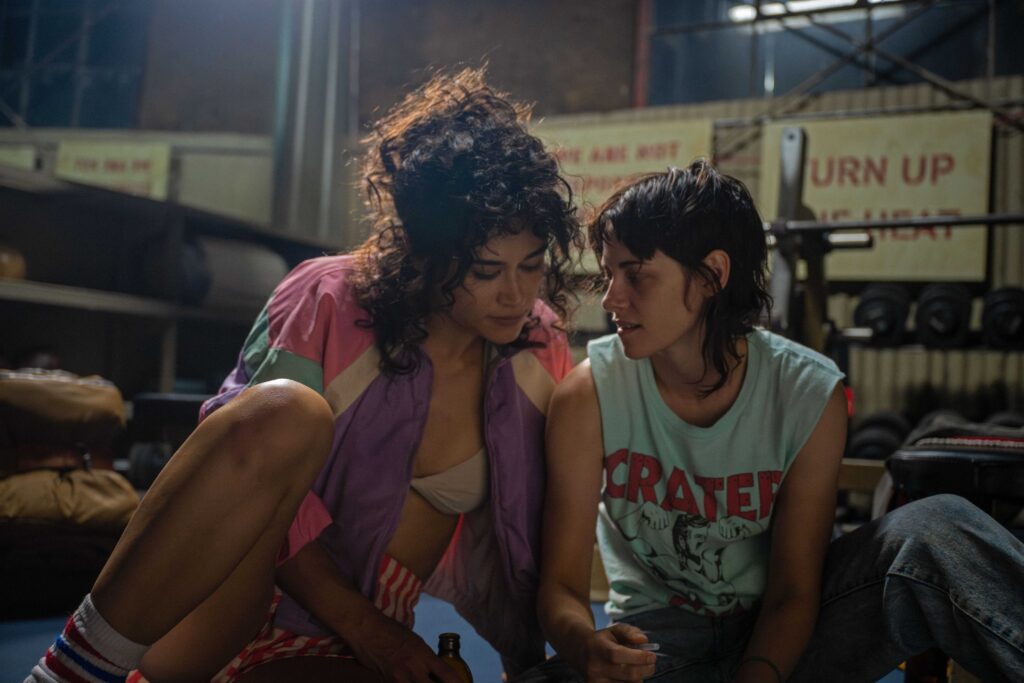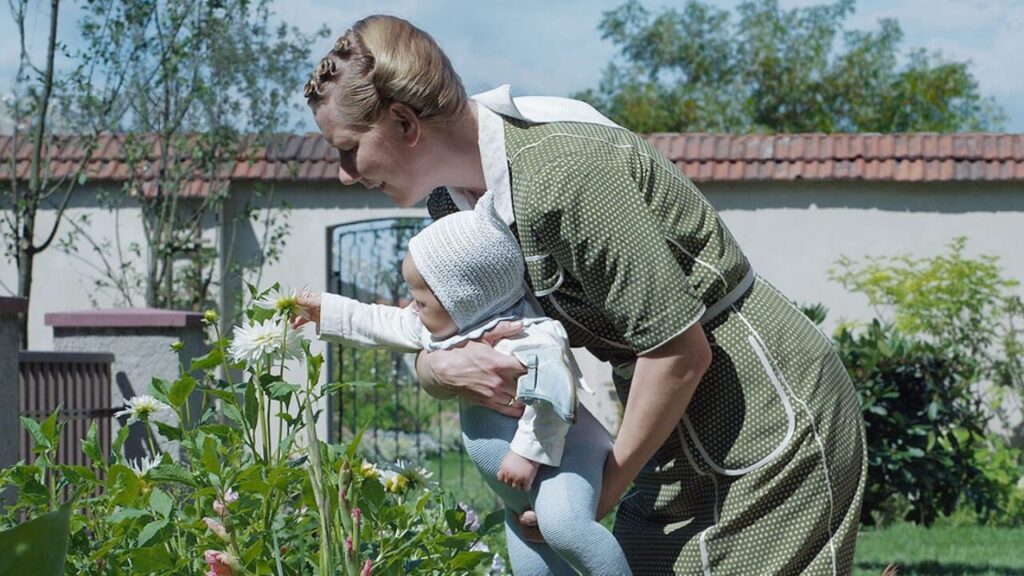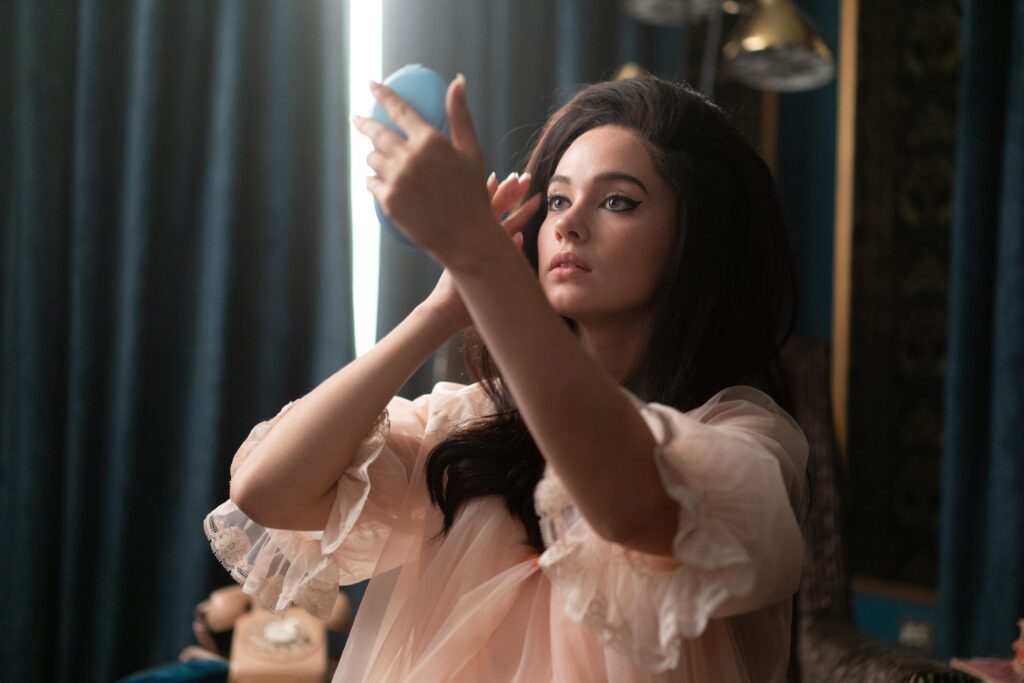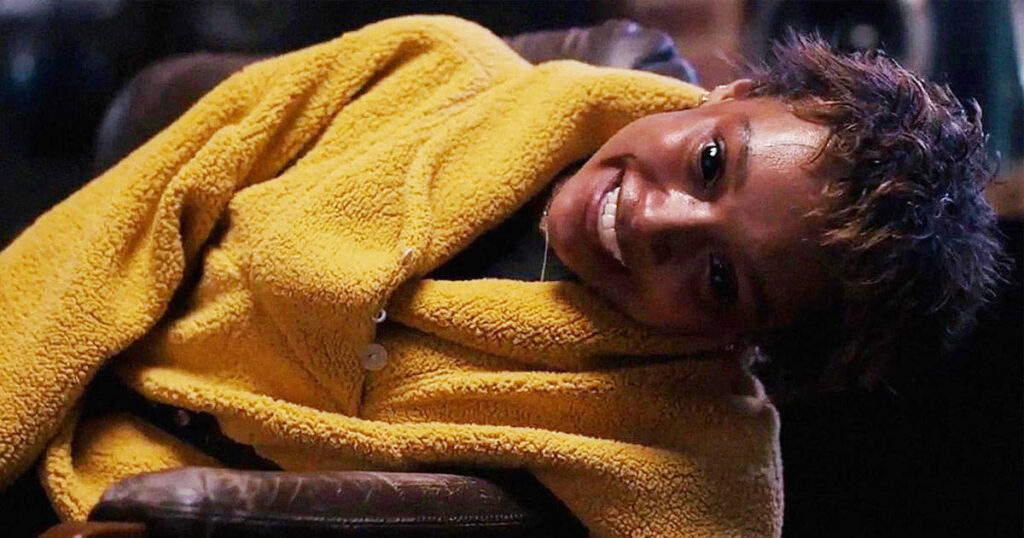Civil War: The Revolution Will Not Be Rationalized
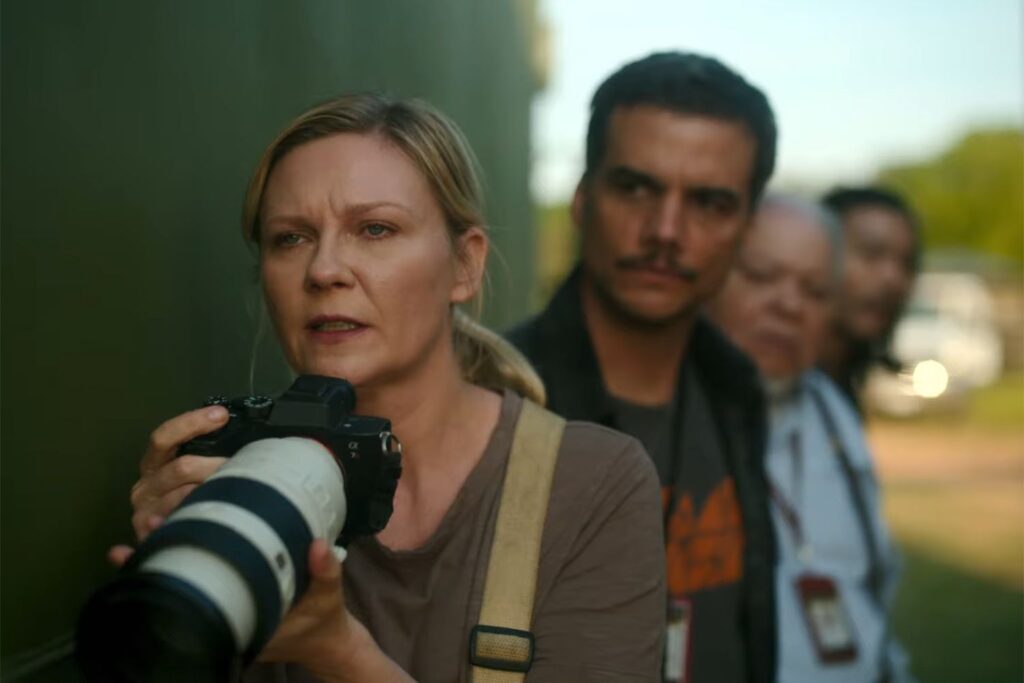
Something is wrong. We know this immediately, as soon as the A24 vanity card appears and bursts of noise explode from all sides, as though miscreants in the theater have set off fireworks in both aisles. We see a middle-aged white man (Nick Offerman) fumbling his lines as he rehearses a televised speech, and the ceremonial nature of his surroundings gradually reveals that he’s the President of the United States. As he yammers about secessionists—a faction he labels “the Western Forces”—the screen periodically cuts away to scattered shots of chaos and destruction. The President blusters that these rebels are on the brink of defeat, but the panicked nature of his rhetoric, along with the pointed images of mayhem, suggest otherwise. This uprising won’t be put down anytime soon.
This is the arresting first scene of Civil War, Alex Garland’s engaging, muddled, knotty new thriller. Simultaneously sprawling and intimate, it chronicles the challenges facing four people as the country around them is engulfed by anarchy and despair. Garland is no stranger to grappling with weighty philosophical ideas in the context of spiky, character-driven adventures. Ex Machina, his first and still best movie as a director, meditated on the very nature of humanity via a twisted, triangular war of wills; his theatrical follow-up, Annihilation, and his TV miniseries, Devs, both conjured dazzling worlds while interrogating their heroes’ motives and pondering their destinies. Civil War is his boldest effort yet, and also his emptiest. Read More

